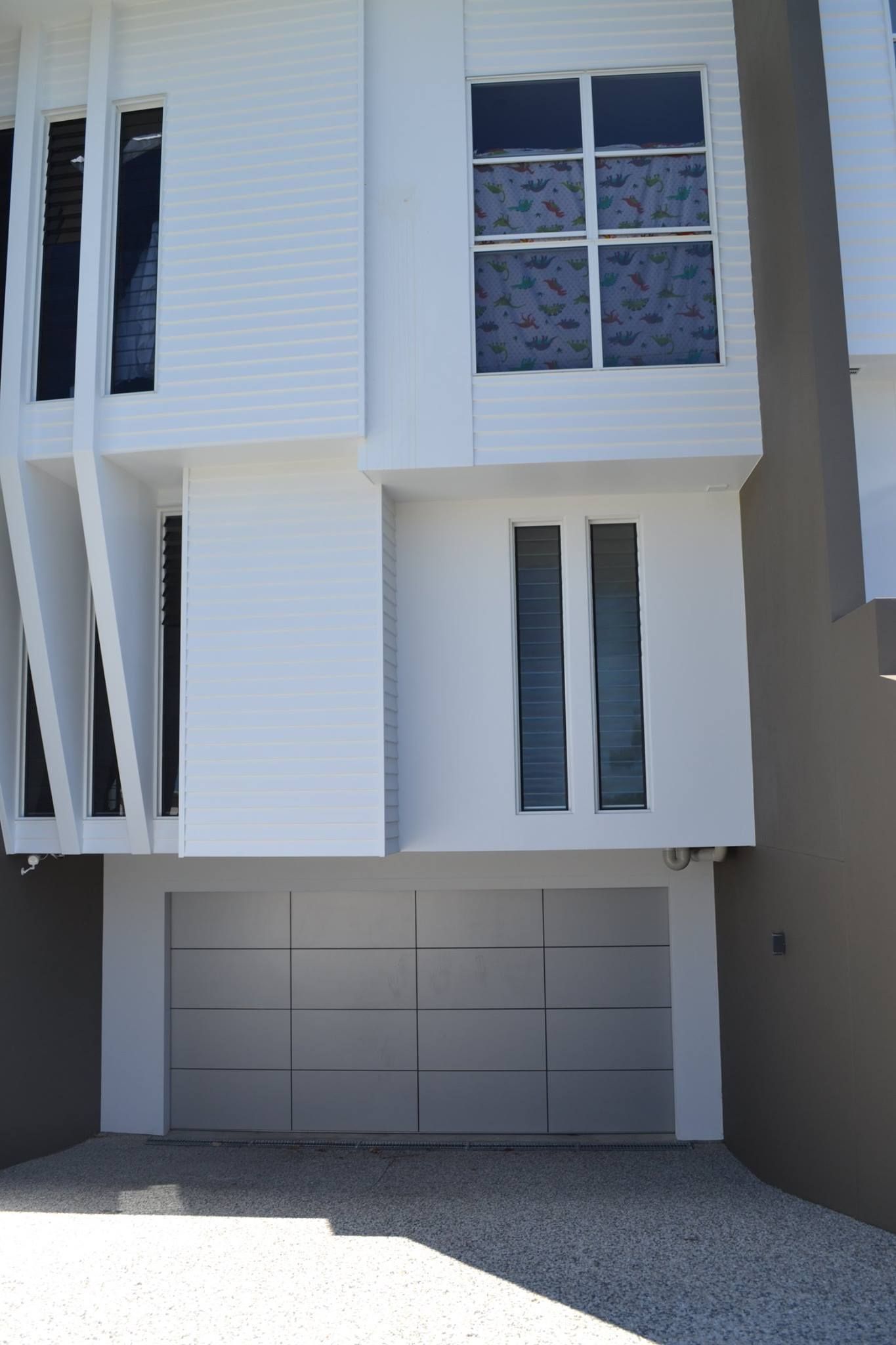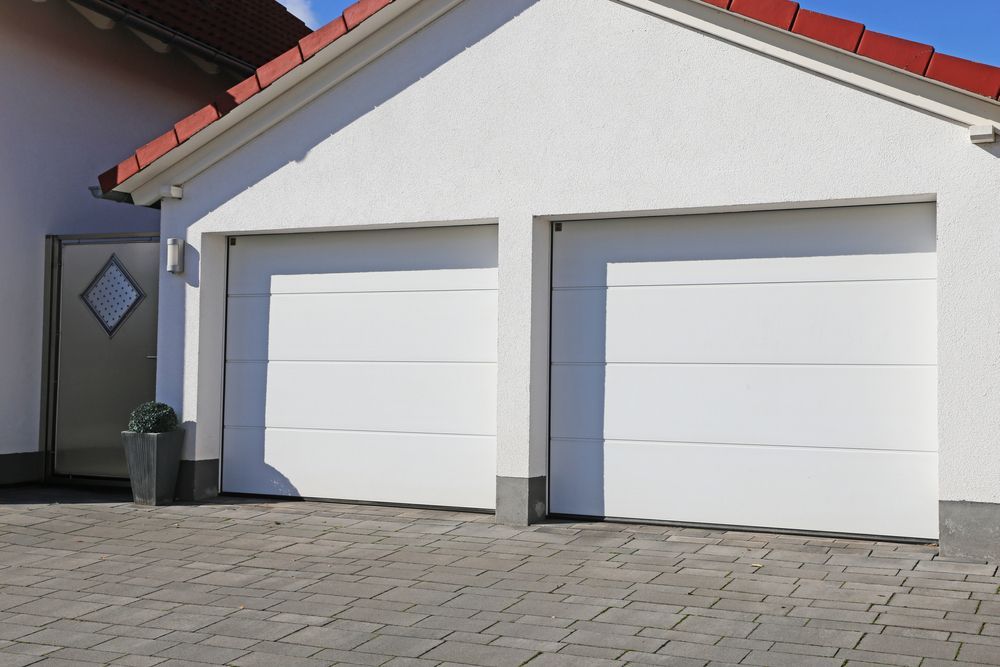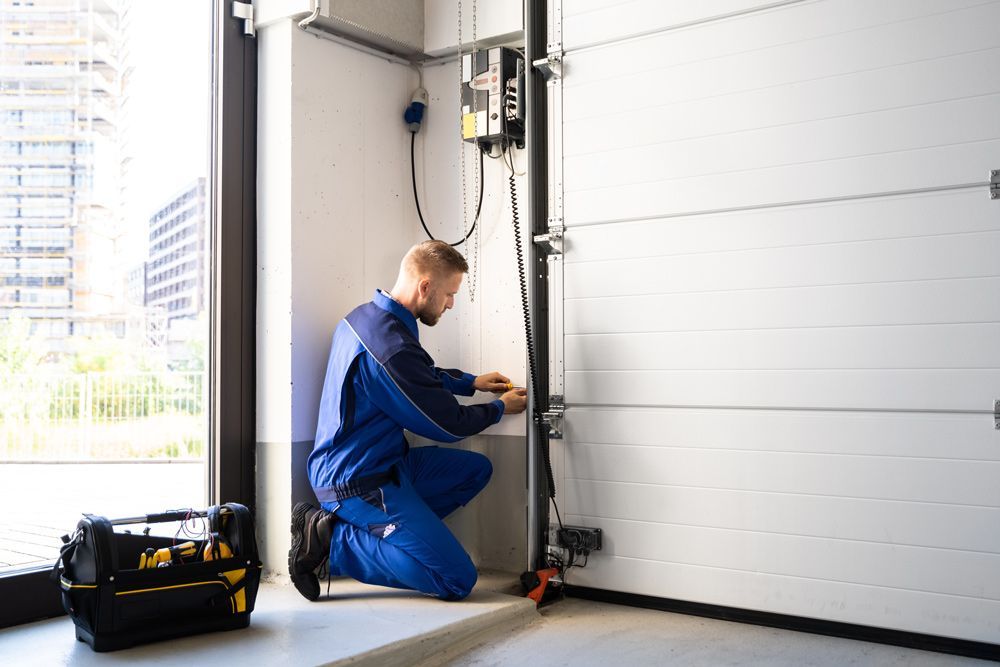Why Your Garage Door Won’t Close Properly
Why Your Garage Door Won’t Close Properly
Is your garage door refusing to shut completely or closing only partway before reversing itself? That kind of malfunction isn't just annoying — it’s a safety risk. For homeowners on the Gold Coast, understanding why your door won’t close is key to preventing further damage, security vulnerabilities and costly repairs. Whether the problem is sensor misalignment, worn‑out tracks or a faulty remote, early intervention is essential. This guide walks through the most common causes, quick checks you can do, and when it’s time to call in a trusted expert for garage door repair on the Gold Coast.
Sensor Issues: The Invisible Barrier
Many modern garage doors rely on safety sensors to stop closing if something’s in the way. But when these sensors are dirty, misaligned or blocked, the door won’t close properly. Here are some things to check:
- Ensure the optical sensors (usually located at either side of the door frame close to ground level) are clean — dust, cobwebs or spiderwebs can block the signal.
- Check whether the sensor lights are showing the correct status (typically green for signalling OK).
- Remove any obstruction or items that might interfere with the beam — even small objects or dirt on the floor can trigger a fault.
- If your garage door still won’t close after you’ve cleaned and cleared the sensors, it may indicate a wiring fault or a damaged sensor. That’s when you’ll want a professional to handle the fault safely.
Track Alignment & Roller Wear‑Out
If your garage door looks like it’s closing but then stops or reverses, or one side seems to lag behind the other, chances are the track or rollers are at fault. Key signs and checks include:
- Inspect the door tracks on each side — if one side is bent or the rollers are wobbling or worn, the door may catch and reverse.
- Listen for grinding or scraping noises when the door moves — that often suggests rollers are worn or the track is misaligned.
- Try operating the door manually (if safe) when power is off — if the door feels heavy or uneven, springs or rollers may have lost their strength.
- Misaligned tracks or worn rollers often progress into more serious damage: spring breakages, operator motor strain or panel misfits. Early repair can avoid major replacement bills.
Remote & Opener Malfunctions
Sometimes the fault has nothing to do with the door itself — it’s the control system. If your garage door “won’t close” because the command isn’t being received properly, consider the following:
- Check the remote control battery — a weak battery can cause weak or erratic signals.
- Try using the wall‑mounted control button — if that works but the remote doesn’t, you’ve isolated the fault to the remote system.
- Check that the opener motor is receiving full power and there are no visible error lights or fault codes.
- Test whether the door closes when the remote is removed (i.e., see if the opener alone will pull it in) — if it works, then the remote or receiver is likely the issue.
- If you’ve done these checks and the door still won’t close reliably, you may require replacement of the remote receiver, re‑programming, or even a motor inspection by a qualified technician.
Spring, Cable or Counterbalance Problems
Heavy garage doors rely on well‑calibrated springs and cables to counterbalance the weight. If something goes wrong here, the door may struggle or refuse to close fully. What to watch for:
- A broken or loose cable dangling from the side of the door when it’s open.
- A spring that has snapped, become distorted or shows rust/corrosion.
- The door is sagging or becoming difficult to lift manually (which means it’s likely the counterbalance is compromised).
- These components are under great tension and can be dangerous for untrained hands. If these signs are there, it’s wise — and safe — to
call
an expert rather than attempt DIY.
Worn or Misprogrammed Limit Switch/Force Settings
Many automatic garage doors have settings that determine how far the door goes down before it must reverse for safety reasons. If these are misprogrammed, the door may stop before fully closing. Quick checks:
- Listen for the moment the door reverses — is it doing so right when it should be finishing the close?
- Observe whether the door seals naturally on the floor or leaves a gap and backs up.
- If the door has been serviced recently, the limit switches may not have been reset correctly.
- When the door fails to close fully because of limits or force settings, the solution may be simple re‑programming — but only done safely by a technician.
Weather, Salt & Environmental Stress On The Gold Coast
Living on the coast introduces extra stress to your garage door system. Corrosion, wind‑blown grit and humidity can accelerate wear and tear. To keep things running smoothly:
- Inspect metal tracks, rollers, and hinges for rust and treat promptly.
- Ensure weatherstrips or bottom seals are undamaged — if they allow wind or sand to enter, the door may fail to close properly.
- Make sure the outdoor unit (if the door has an exposed motor or rail) is protected from salt spray and cleaned regularly.
- If you live near the beach and your garage door isn’t closing properly, environmental wear may be contributing to the issue, and it’s time for professional attention.
When It’s Time To Call A Professional
While you can safely perform basic checks, some faults require specialist training. You should call for garage door repair on the Gold Coast when:
- You notice broken springs, cables or tracks — these are high‑risk components.
- The motor is overheating, tripping out or showing fault codes.
- Your door has recently had significant damage (storm, impact) and now won’t close safely.
- You’ve tried adjusting sensors and settings, but the door still misbehaves.
- You want to ensure your opener and sensors meet current safety standards and codes.
- A professional repair technician can provide diagnostics, genuine parts, safe installation and warranty‑backed service.
Give Your Door A Quick Health Check
You can perform a brief check yourself:
- Watch the door closing: does it stop just before it should?
- Listen for unusual noises — such as grinding, scraping, or repetitive reversing.
- Inspect tracks for bends, rollers for wobble, and seals for gaps.
- Check whether the remote button and the wall button function identically.
- If you identified anything above, getting the issue fixed early can save you from full door replacement, compromised security or longer-term damage.
Ready For Reliable Garage Door Repairs?
For homeowners on the Gold Coast frustrated by a garage door that won’t close properly, it’s time to act. Regular servicing and prompt repair aren’t just about convenience — they’re about safety, security and cost‑effectiveness. At
Gold Coast Door Centre, we offer expert diagnostics, genuine parts and professional garage door repairs across the region.
Contact us today to schedule your repair and restore your peace of mind.












